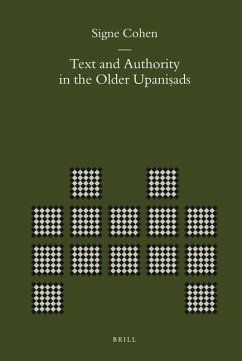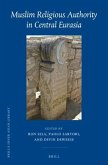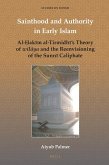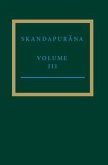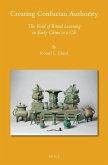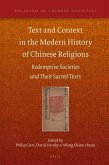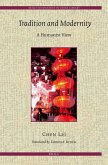The Upaniaads have often been treated as a unified corpus of religious and philosophical texts, separate from the older Vedic tradition. It is well known that the Upaniaads were initially composed and transmitted within specific schools of Vedic recitation, or AsAkhAs, but the AsAkhA affiliation of each Upaniaad has received very little attention in the scholarly literature. The author offers a new interpretation of the older Upaniaads in the light of the Vedic school affiliations of each text. This book argues that issues of textual authority, and in particular the authority of the various Vedic schools, are central in the Upaniaads, and that the Upaniaads can, on one level, be read as texts about text. While analyzing the theme of textual authority in the Upaniaads, the author also outlines a theory of textual criticism as applied to orally transmitted texts that will be of use to textual scholars in other fields as well.
Hinweis: Dieser Artikel kann nur an eine deutsche Lieferadresse ausgeliefert werden.
Hinweis: Dieser Artikel kann nur an eine deutsche Lieferadresse ausgeliefert werden.

